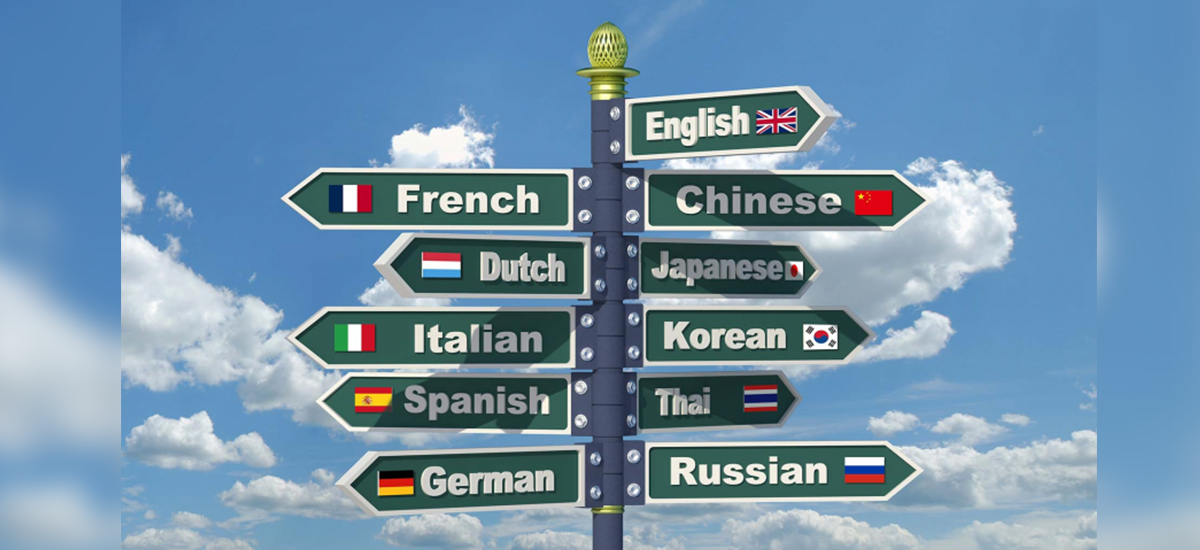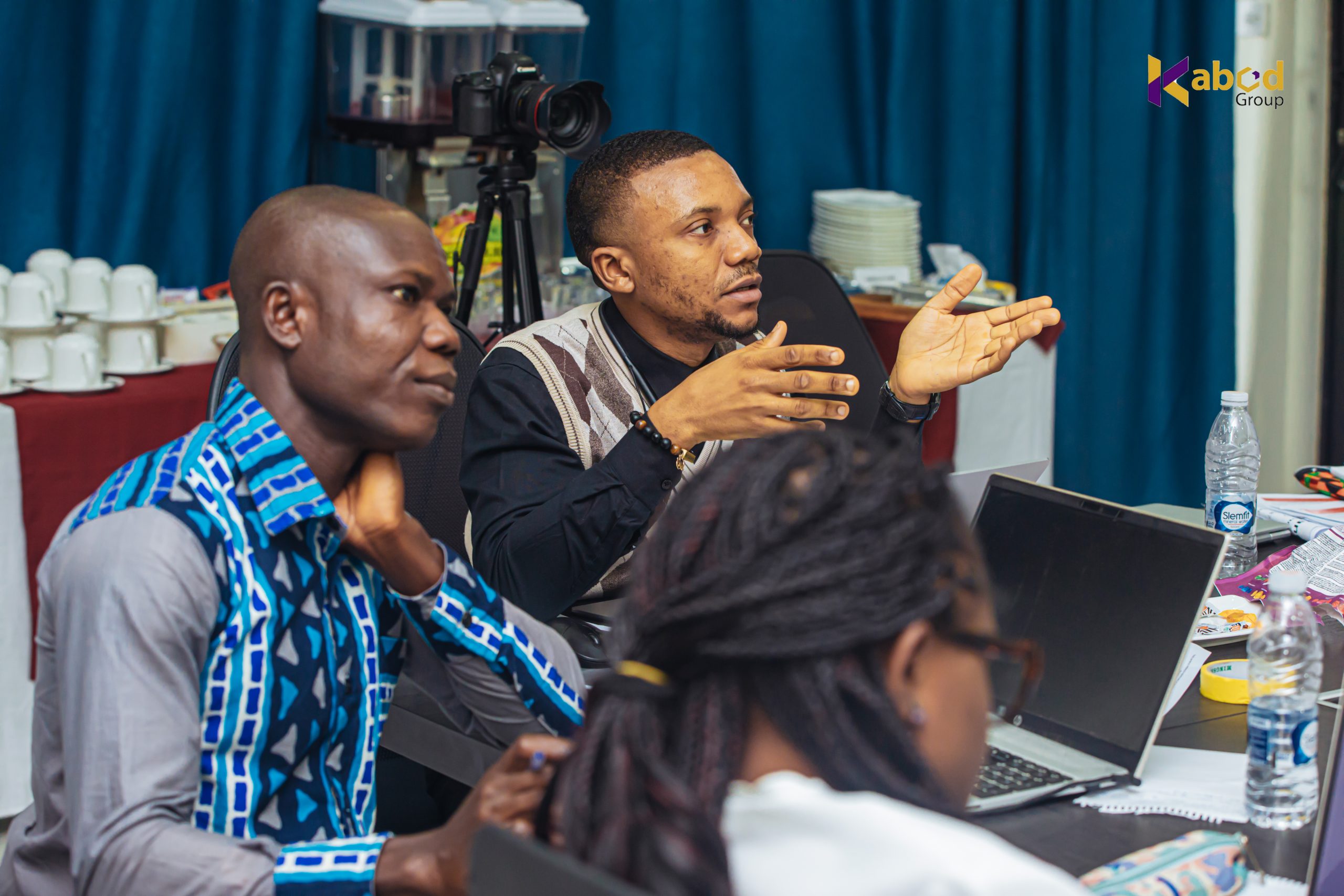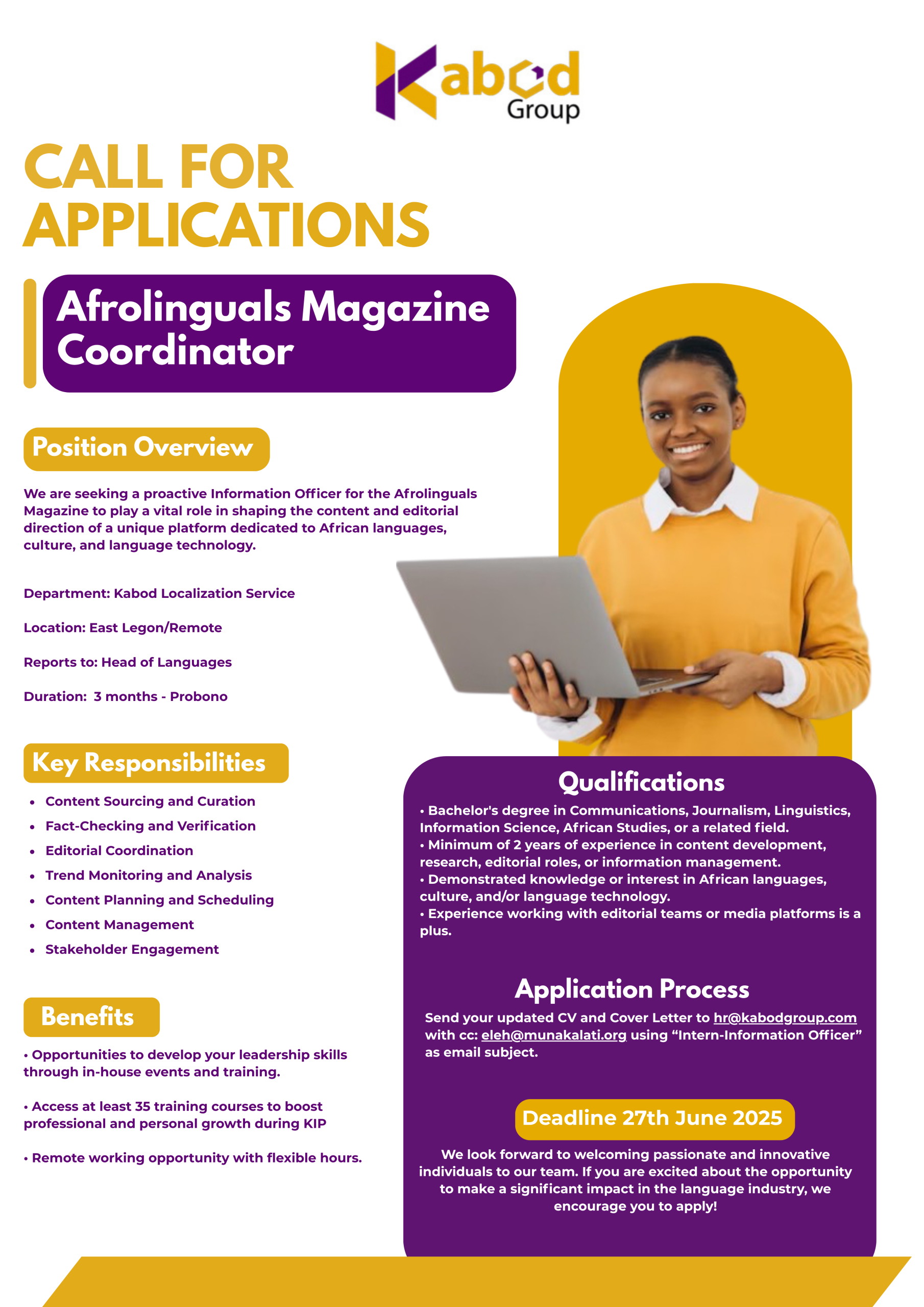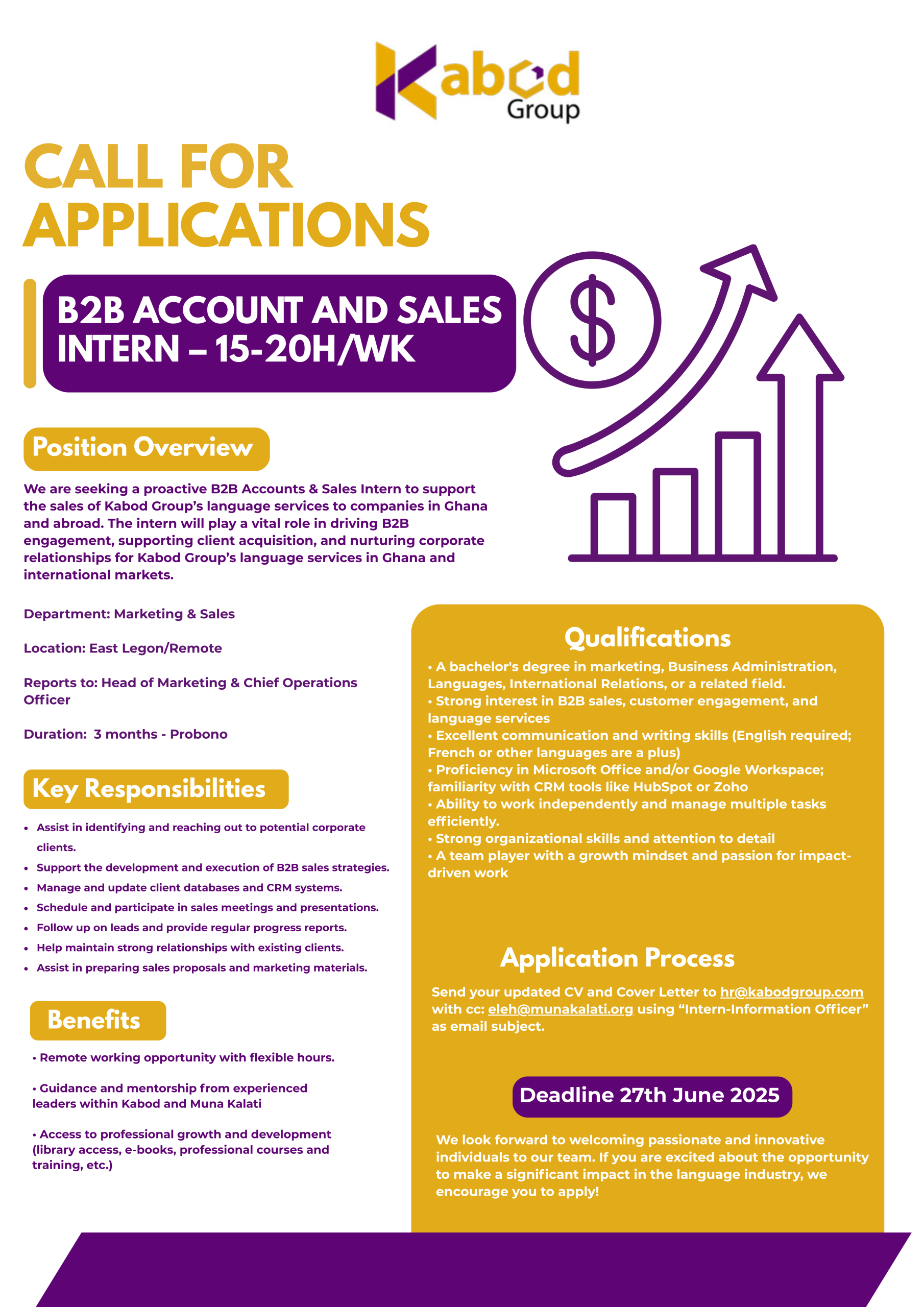Africa is a multilingual continent with diverse and numerous languages. According to the 2018 edition of the Ethnologue Global Dataset, we have 2143 living languages as well as over 8000 dialects in Africa, which is therefore the most linguistically endowed continent.
Ngugi Wa Thiongo during a lecture in Johannesburg on Reviving African Languages iterated that “If you know all the languages of the world and you don’t know your mother tongue or the language of your culture, that is enslavement. But if you know your mother tongue or the language of your culture, and add all the other languages of the world to it, that is empowerment.”
Few ideas have already been shared on how to ensure that African languages are being preserved and promoted. Here we shall look at more ways to improve those methods and minimise Africans’ dependency on foreign languages.
1) Enrich the vocabulary—the totality of words in African languages.
In order for languages to increase and become better, they need a rich vocabulary. Creating more words would enhance the use and quality of African languages.
For example, in Ghana and Ivory Coast, there is a language called Twi which is spoken by 17 to 18 million people. Although it is spoken almost everywhere, it does not have a strong vocabulary with technical words and expressions to describe certain aspects of reality.
A practical example is the title of this article. I planned to write “Improving the quality, availability and accessibility of African languages” into Twi. I first used an application to to it and it gave “Mfasoɔ a ɛwɔ so, sɛnea ɛte wɔ Abibiman kasa ahodoɔ mu ne sɛnea ɛbɛyɛ yie” as a translation which rather means “The importance of it, how it is in various African languages and how it can be improved”.
I then decided to ask a friend who is a Ghanaian to translate it. Unable to do it, he also had to ask another friend and later confessed: “Twi lacks a lot of vocabulary. Hence, quite a number of words in twi have the same connotations in English but the meanings are distinctive”.
I was not able to convey the correct idea. It was quite difficult to convey exactly what I wanted and that shows the vocabulary of most African languages need to be enriched, especially if we want to use them as lingua francas.
2) Be proud of ourAfrican languages and encourage leaders to use it publicly.
Speaking African languages will help everyone get familiar with them and we must seize every opportunity to use them in public. Like Ngugi Wa Thiongo said, “Make it both cool and clever to know an African language”.
Imagine I am selling shoes. Even though all clients are important, getting Bill Gates or Alassane Ouattara (the President of my country) to buy my shoes, will make everyone think they are of good quality. Right?
Now, let’s try to apply that same analogy to African languages.
If presidents, ministers, or influential African leaders were speaking African languages during worldwide conferences and events, people would automatically see those languages as significant, and they would be considered with more seriousness. Ibrahim Anoba lists this and language barrier as one of the obstacles to achieve the continental project of the United States of Africa. IBRAHIM ANOBA
What do you think ? Do you think this could be enough?
Of course, no! Hence, let’s look at more ways!
3) Writing more books and multimedia content in African languages
Books carry knowledge, they make physically available anything anyone would like to share. For example, when I was a kid, I used to write little stories about anything and those words were carrying my thoughts and knowledge.
Now !
Imagine writers make books or anyone writes in their respective African languages. This is going to catapult the availability of African languages everywhere and will contribute to their development.
We have authors like:
- Ngugi Wa Thiongo whom I quoted in the introduction, who decided to write only in his mother tongue since the year 2000.
- Nhlanhla Maake who has published twenty-five books of fiction and non-fiction in Sesotho and English.
- Sabata-Mpho Mokae who is the author of a biography The Story of Sol T Plaatje (2010) and novels Ga ke Modisa (2012), Dikeledi (2014) and Moletlo wa Manong (2018).
Imagine that more Africans do well to write in their mother tongues. Can you imagine how this would result in the growth of African languages and creation of new businesses?
4) Teaching African languages everywhere possible to spread their use
Teaching African languages in schools for instance or in different institutions will ease their availability on the market. For instance, there are some languages in Ivory Coast that I would not have known were existing if I did not see or learn them at school.
Each African government must ensure that there are language schools where people, especially foreigners and tourists, can learn the indigenous language. People can’t speak our language properly if not taught, and places to learn them effectively must be created as much as possible through collaboration with language schools and the upgrade of selected local languages as official languages, despite the “representativity controversy” that this could generate.
5) Intensive and intentional promotion of content written in African languages
There are trillions of books published in English, French and other international languages. But a tiny portion of books are directly published in African indigenous languages. Indigenous languages can grow quickly through media and culture, especially the movie, music and publishing industry.
Below are examples of 3 notable publishing projects in indigenous languages from South Africa:
- The Indigenous Languages Publishing Programme which offers free reading material in isiZulu, isiXhosa, Sesotho, Sepedi and English, believes that being read to in your home language is an essential and powerful part of developing literacy skills, and one that makes all other learning easier.
- The reprint of South African classics in indigenous languages to promote the culture of reading and writing in indigenous languages, thereby reducing illiteracy.
- The project, coordinated by the Centre of the Book at the National Library of South Africa, has reproduced a total of 68 titles, in nine indigenous languages.
Such initiatives can also be replicated in other African countries.
6) Internet
There are already existing tech solutions for African languages like apps for Bambara-English dictionaries, Baoulé dictionaries, African languages chatbots like Proto chatbot for Mozambique, or even keyboards such as African Keyboard, etc. You can learn more about it by reading my two previous articles on:
- 5 technological solutions enhancing the access and use of African languages
- Developing and using African languages in the digital age.
Conclusion
In conclusion, African languages need to be improved in terms of quality, availability, and accessibility. Although Africans have begun to work towards that, I believe there is still room for improvement. The ideas given above, are practical ways of how the development of African languages could be achieved and this can only be if Africans have that same purpose.
Do you have any suggestions on how the quality, availability, and accessibility of African languages can be improved ? Kindly share it with us in the comments!!
Medaase !!




